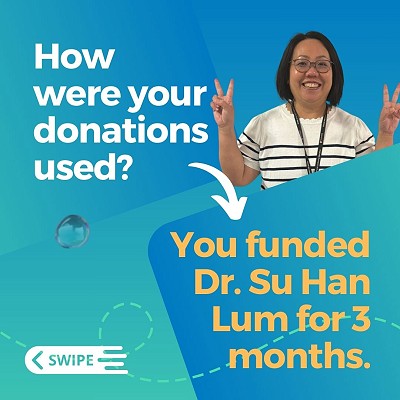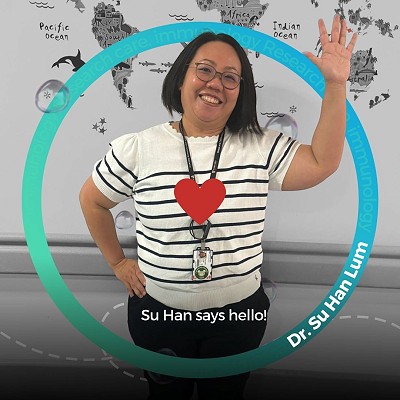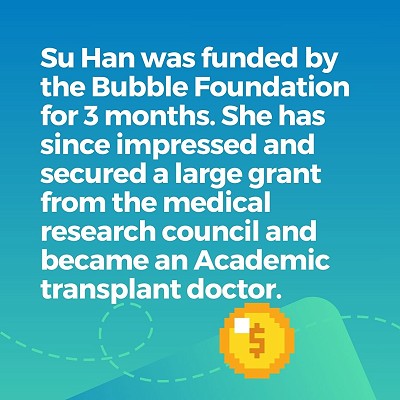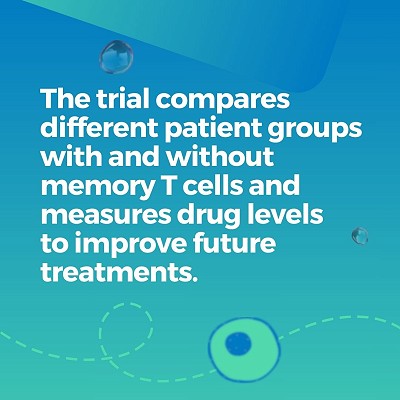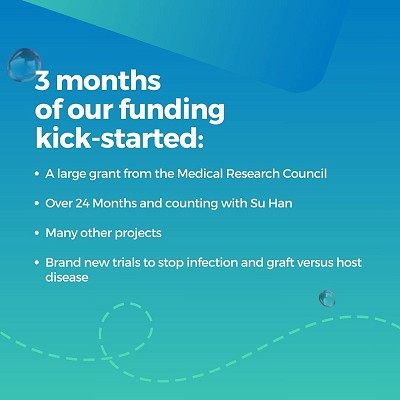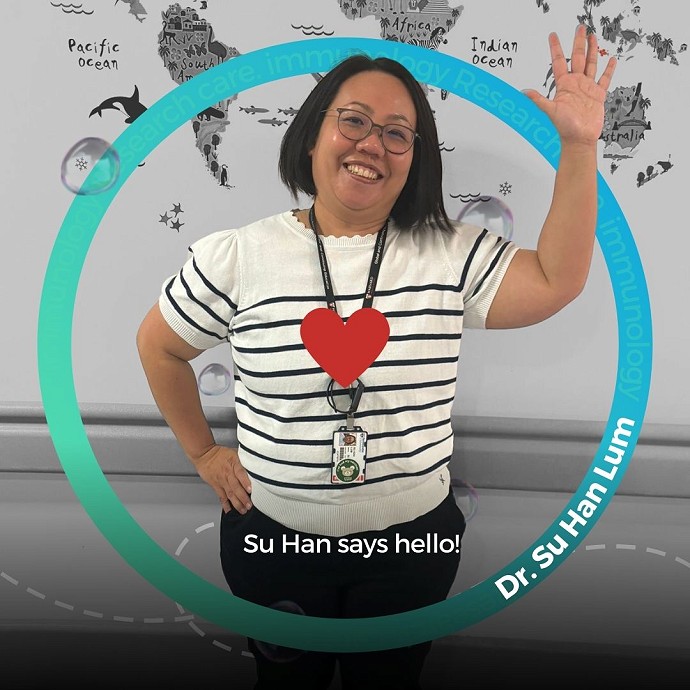Your support gave us Dr. Su Han Lum
Have you ever wondered where your donations go?
Ever wondered where your donations go? Well, one good example is funding Dr. Su Han Lum, an Honorary Consultant and Senior Clinical Research Fellow in Paediatric Stem Cell Transplantation and Cellular Therapy at Newcastle University and the Great North Children’s Hospital, Newcastle.
Su Han was funded by the Bubble Foundation for 3 months. She has since impressed and secured a large grant from the medical research council and became an Academic transplant doctor. Su Han then launched the Haplo+4kids clinical trial in April 2024, using memory T cells to reduce infection risks post-transplant. The trial compares different patient groups with and without memory T cells and measures drug levels to improve future treatments.
3 months of our funding kick-started:
- A large grant from the Medical Research Council
- Over 24 Months and counting with Su Han
- Many other projects
- Brand new trials to stop infection and graft versus host disease
The full story:
The Bubble Foundation funded Dr Su Han Lum for 3 months from March to May 2019 for a research post during which time she undertook many projects and developed ideas for future research. Following a 2 year locum Consultant job she was successful in obtaining a large grant from the medical research council which together with funding from our International work led to a new post as an Academic transplant doctor. Since starting in July 2022 she has coordinated the writing and opening of our first prospective clinical trial called Haplo+4kids. We have been recruiting patients since April 2024. Patients who do not have a tissue type matched donor are given a T cell depleted transplant using a technique in the laboratory called alpha beta depletion which removes T cells that cause graft versus host disease. The problem with this type of transplant is that it leaves the patient vulnerable to infection for longer than using a matched donor. To overcome this problem a new technique is used which isolates memory T cells which help fight infection and in this clinical trial these memory T cells are given to the patient 7 days after the transplant. The trial will follow the progress of these patients and compare them to patients having a standard matched donor transplant and a group from Great Ormond Street Hospital who do not receive the memory T cells. In addition we are measuring drug levels of all the chemotherapy and antibody drugs that are used for preparing these children for transplant. This has never been done before and may lead to further improvements in the way we give these drugs in the future.
